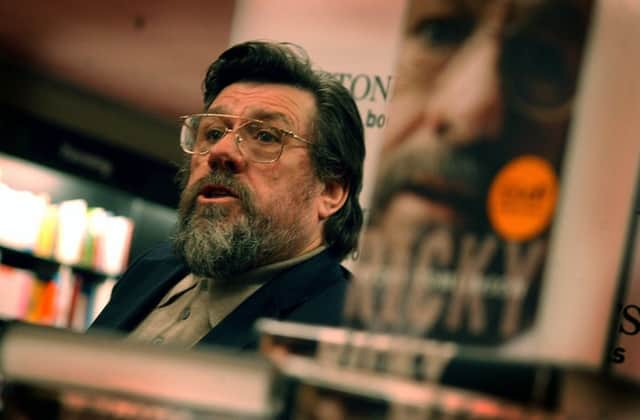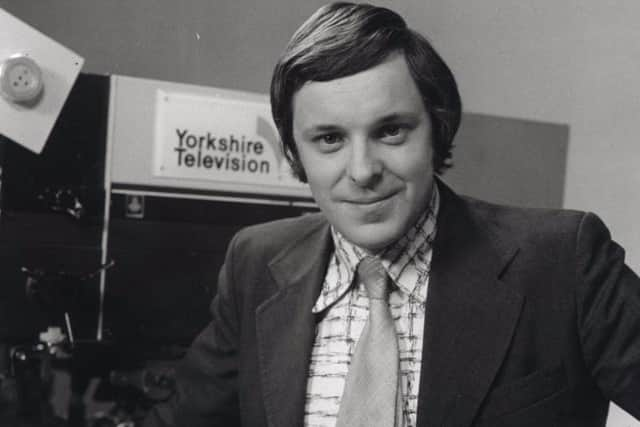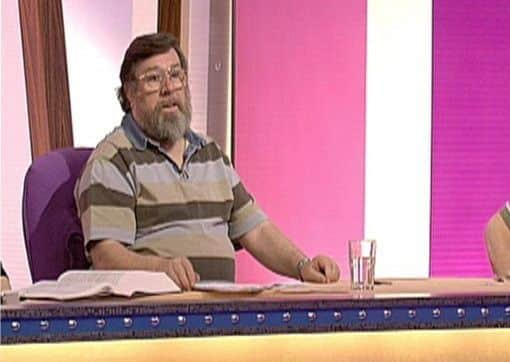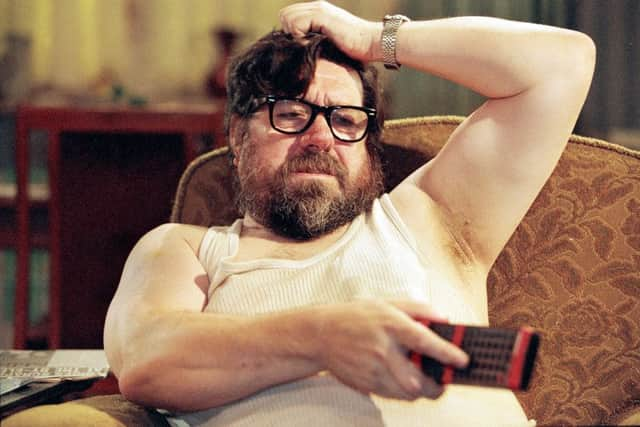Truth about Richard Whiteley, Ricky Tomlinson and the MI5 conundrum that just doesn't add up


In between, there had been a celebrated trades union trial, the prime minister of the day, and the Machiavellian shadow of MI5.
But, it emerged tonight, the dots don’t quite join up.
As the late Mr Whiteley’s partner ridiculed the suggestion that he had been used as an agent of the state, old papers revealed just how tenuous his link had been to a case that remains a festering sore in Britain’s industrial relations history.
Advertisement
Hide AdAdvertisement
Hide AdRicky Tomlinson, known today as the star of Brookside and The Royle Family, had been, 45 years ago, one of the self-styled Shrewsbury 24, a band of construction industry union members who picketed non-union workers to try to make them strike for better pay. They were convicted of intimidation, and Tomlinson served 16 months of a two-year sentence.
The wound was still visible when, on Tuesday, he was invited to reopen the Bull and Stirrup, the pub where he and his comrades had plotted their picketing.
He told a local reporter that he had been handed “strictly confidential” papers that implicated Whiteley, along with Edward Heath and the politician and commentator Woodrow Wyatt, in a conspiracy led by the intelligence services to influence the outcome of his trial.
Advertisement
Hide AdAdvertisement
Hide Ad

The security services had, he said, “written, made and paid for” The Red Under The Bed, a documentary about the case which was screened by ITV on the day the jury began its deliberations.
But, although the core allegations are known and have been re-aired in parliament by the Labour MP Andy Burnham as recently as 15 months ago, Tomlinson’s assertion that the documentary was presented by Whiteley is false.
Papers from the period, unearthed by The Yorkshire Post, reveal that the film, which exposed Communist Party activity in the unions, was not made by Yorkshire TV, where Whitelely was a regional news presenter, but by Anglia Television in Norwich.
It was authored by Wyatt, a former Labour MP who had shifted to the right and who wrote a pro-Tory, sometimes pro-apartheid, column in his friend Rupert Murdoch’s News of the World, called The Voice of Reason.
Advertisement
Hide AdAdvertisement
Hide Ad

Whiteley’s involvement had been to present a balancing, half-hour Yorkshire TV studio discussion with Labour’s Barbara Castle, among others, which was screened in some ITV regions after Wyatt’s film.
Today, his partner, the actress Kathryn Apanowicz, pointed out that the complete inability of the former Countdown host to keep a secret would have compromised his suitability for a role with the intelligence services.
She said: “He was the most indiscreet person I knew. He couldn’t work technology. In those days, he didn’t have an Aston Martin, he had a Ford Escort.”
The distance between Whiteley and the Wyatt documentary was also underlined by Eileen Turnbull, from the campaign to absolve the Shrewsbury 24, who said: “We have found no evidence to support the view that Richard Whiteley was in any way connected to the security services. He was just the presenter.”
Advertisement
Hide AdAdvertisement
Hide Ad

Mr Burnham, did not mention Whiteley when in 2015 he produced in the Commons a “secret” memo about Wyatt’s film, which he called a “government attempt” to influence the trial of the Shrewsbury 24.
He said MI5 held files on Tomlinson, and that Mr Heath, when shown a transcript, had said of the film: “We want as much as possible of this sort of thing.”
Mr Burnham said the memo revealed that civil servants had admitted to having “a discreet but considerable hand” in the programme. He added: “It is inconceivable that the programme did not influence the trial, and unthinkable in this day and age that a television programme prejudicial to a major trial could have been aired during that trial. But it was.”
ITV’s official history says of Wyatt’s documentary: “Anglia sometimes distinguished itself from the network companies by taking a line identified by others as right-wing.”